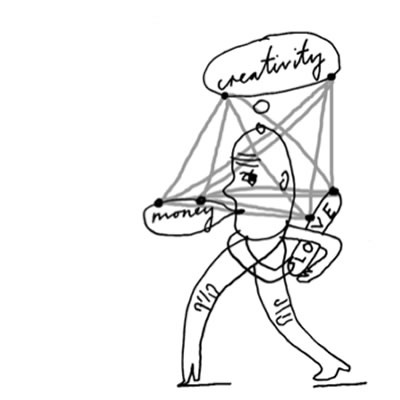First published on November 2011.
Article 26.2 of the Universal Declaration of Human Rights states the role of educators in achieving the social order called for by the declaration: ‘Education shall be directed to the full development of the human personality and to the strengthening of respect for human rights and fundamental freedoms. It shall promote understanding, tolerance and friendship among all nations, racial or religious groups, and shall further the activities of the United Nations for the maintenance of peace.’
Human rights education is gaining recognition as a human right in itself. Knowledge of rights and freedoms is a fundamental tool to guarantee respect for the rights of all.
It promotes equality, empowerment and participation, as well as conflict prevention and resolution. These three areas are interconnected and essential within educational systems to prepare youth to be active, responsible and caring participants in their communities.
A comprehensive education in human rights not only provides knowledge about human rights and the mechanisms that protect them, but also imparts the skills needed to promote, defend and apply them. Education for democratic citizenship focuses on educational practices and activities designed to help young people and adults to play an active part in democratic life and exercise their rights and responsibilities in society. Education for mutual respect and understanding highlights self-respect, respect for others and the improvement of relationships between people of differing cultural traditions.
Human rights are not an abstract idea but the expression of what all human beings clearly must have to live fully human lives. It is because human rights are so deeply rooted in what all people need, want and will fight for that they have been the basis for social movements and actions around the world that have overthrown tyrannies, established justice, torn down walls, improved working conditions and enabled freedom of expression and learning for those denied them.
The full potential of this is only as realistic as our willingness to work for, human freedom and dignity for all. The primary aim and challenge of an Education for Peace is to educate students to become peacemakers and to devote their talents, capacities and energies towards the creation of a civilization of peace based on the tripartite pillars of a culture of peace, a culture of healing and a culture of excellence. It would aim at:
- Equipping students with the knowledge, skills, attitudes and confidence to resolve conflicts peacefully, and to create violence-free environments in their schools, families and communities.
- creating mechanisms for teachers, students, administrators and parents to actively participate in the building of inter-ethnic harmony, democracy and a culture of peace in the school community and wider society.
-
everyone is endowed with human rights and, as a result, we all have the duty and responsibility to respect and make sure that everyone can realize their rights. Instead of limiting our individual responsibility, promoting and protecting human rights requires us to fulfill our duties as fellow human beings with all our creativity and imagination.
 Creativity Money Love: Learning for the 21st Century by Creative & Cultural Skills is licensed under a Creative Commons Attribution-NonCommercial-NoDerivs 3.0 Unported License.
Creativity Money Love: Learning for the 21st Century by Creative & Cultural Skills is licensed under a Creative Commons Attribution-NonCommercial-NoDerivs 3.0 Unported License.
Illustrations by Paul Davis - http://copyrightdavis.blogspot.com/


